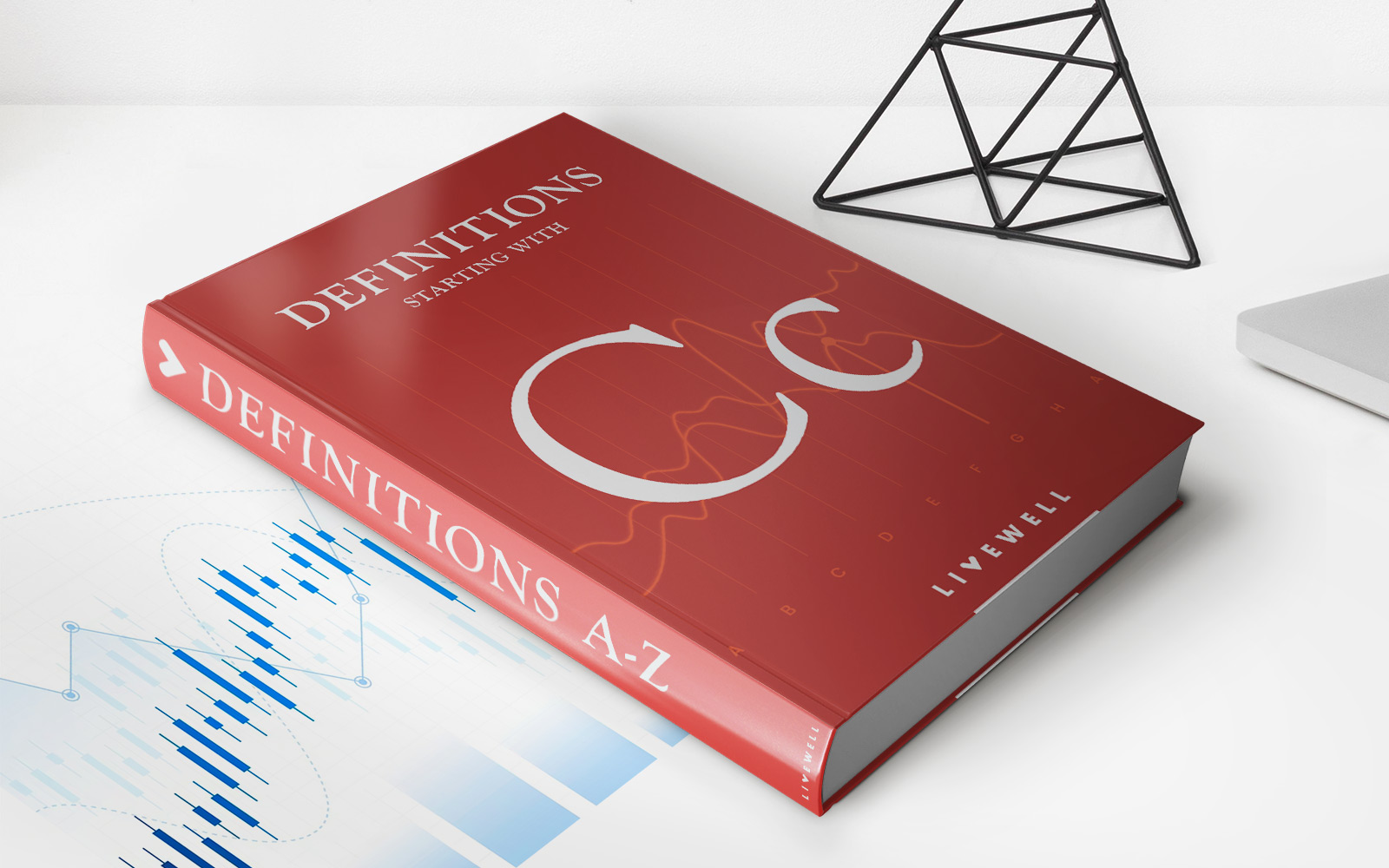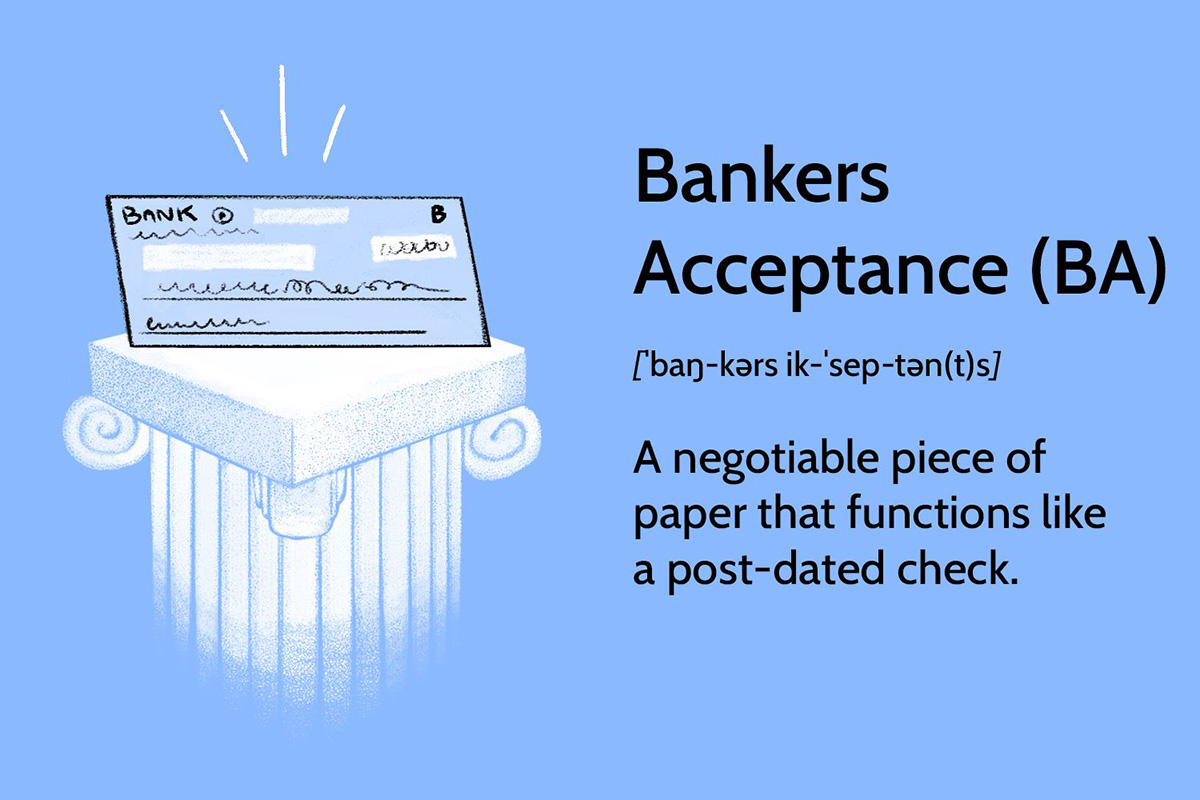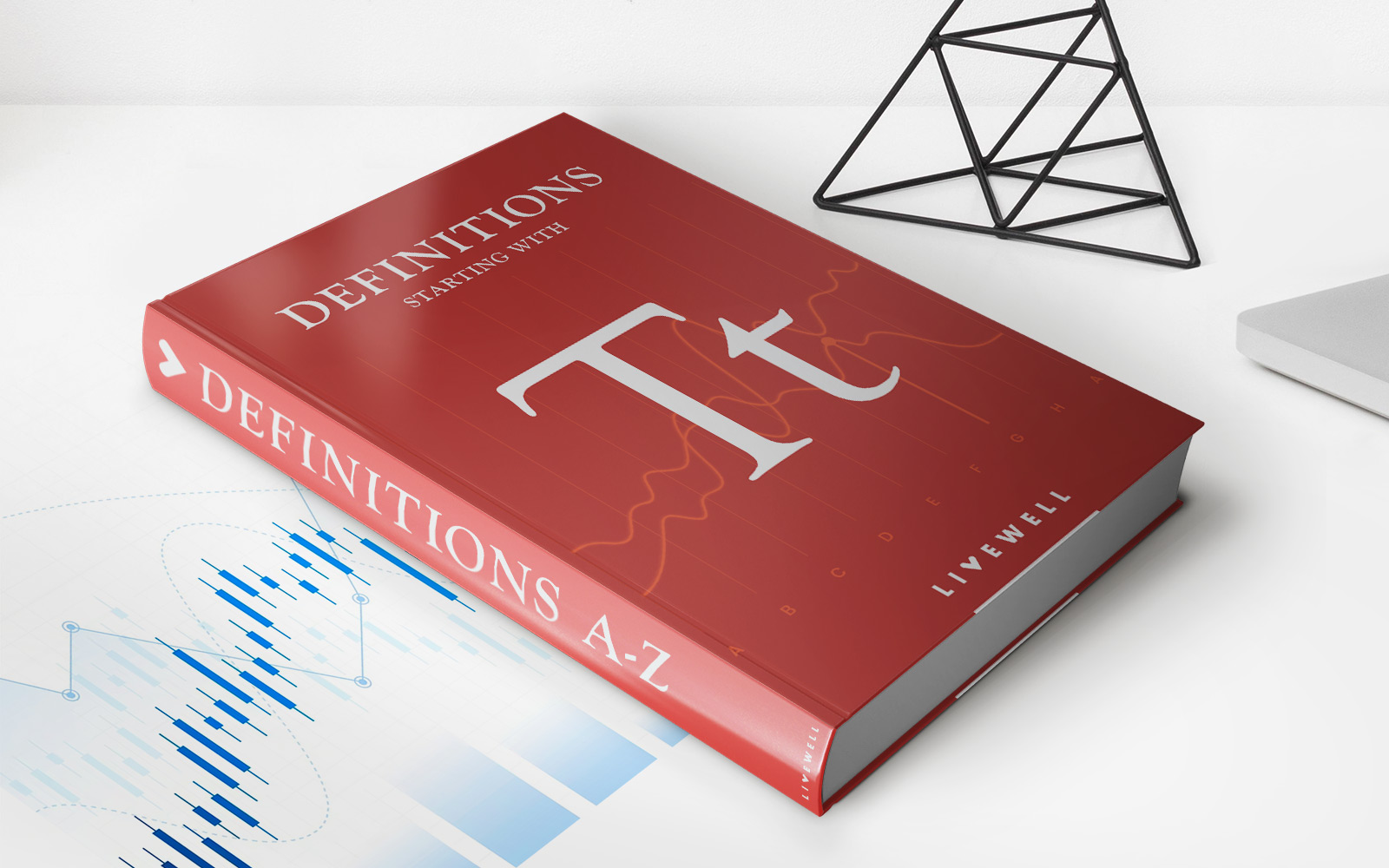Home>Finance>What Is The Minimum Payment To Avoid A Bill Going To Collection


Finance
What Is The Minimum Payment To Avoid A Bill Going To Collection
Modified: March 1, 2024
Learn how to prevent bills from going to collections by understanding the minimum payment requirements and managing your finances effectively. Get expert advice on avoiding collection accounts.
(Many of the links in this article redirect to a specific reviewed product. Your purchase of these products through affiliate links helps to generate commission for LiveWell, at no extra cost. Learn more)
Table of Contents
Introduction
Welcome to the world of personal finance, where managing your expenses and debts is a crucial aspect of maintaining financial stability. One of the key elements in this realm is understanding the concept of minimum payments and their impact on your financial well-being. In this article, we will delve into the significance of minimum payments, the potential consequences of missing them, the factors that influence these payments, and effective strategies to prevent a bill from going to collection.
Whether you’re new to handling credit cards and loans or seeking to enhance your financial knowledge, comprehending the role of minimum payments is essential for making informed decisions and safeguarding your financial standing. By exploring this topic, you’ll gain valuable insights that can help you navigate the complexities of personal finance with confidence and prudence.
So, let’s embark on a journey to unravel the nuances of minimum payments, grasp their implications, and discover practical approaches to ensure that your financial obligations are met responsibly and proactively.
Understanding Minimum Payments
Minimum payments represent the smallest amount of money a creditor requires you to pay each billing cycle on a loan, credit card, or other line of credit. While the specific calculation method may vary among lenders, minimum payments typically encompass a combination of interest charges, fees, and a fraction of the principal balance. It’s important to note that paying only the minimum amount due allows you to maintain your account in good standing, preventing late fees and adverse effects on your credit score.
However, it’s crucial to recognize that solely making minimum payments can lead to long-term debt and increased interest costs. This is due to the fact that a significant portion of the minimum payment often goes towards covering interest, with only a small fraction contributing to reducing the principal balance. Consequently, carrying a balance and consistently paying just the minimum amount can prolong the repayment period and result in higher overall interest expenses.
Understanding the dynamics of minimum payments empowers you to make informed decisions regarding your financial obligations. By recognizing the implications of solely meeting the minimum requirement, you can proactively manage your debts and strive to minimize the long-term financial impact of carrying balances on credit accounts.
Consequences of Missing Minimum Payments
Missing minimum payments on your credit accounts can trigger a cascade of detrimental consequences that significantly impact your financial well-being. When you fail to meet the minimum payment requirement by the due date, you may incur late fees, which not only add to your financial burden but also reflect negatively on your credit report. These late payments can tarnish your credit history and potentially lower your credit score, making it more challenging to secure favorable terms on future loans or credit cards.
Furthermore, consistent failure to meet minimum payments can result in the escalation of your debts. As late fees and accrued interest accumulate, the total amount you owe continues to grow, exacerbating the challenge of regaining control over your financial obligations. Additionally, missed minimum payments may lead to increased interest rates, causing your outstanding balances to accrue interest at higher rates, further amplifying the financial strain.
Moreover, non-payment or repeated failure to meet minimum requirements can lead to your account being sent to collections. This not only intensifies the impact on your credit score but also subjects you to the potential repercussions of debt collection efforts, including aggressive communication from collection agencies and, in severe cases, legal actions.
Understanding the severe repercussions of missing minimum payments underscores the critical importance of managing your financial responsibilities diligently and proactively. By recognizing the potential fallout from neglecting minimum payment obligations, you can strive to maintain your financial stability and preserve your creditworthiness.
Factors Affecting Minimum Payments
Several factors influence the determination of minimum payments on credit accounts, each playing a pivotal role in shaping the financial obligations imposed on borrowers. The primary components that contribute to the calculation of minimum payments include the outstanding balance, annual percentage rate (APR), and any fees or charges applicable to the account.
The outstanding balance on the account serves as a fundamental factor in calculating the minimum payment. Typically, minimum payments are calculated as a percentage of the total balance, ensuring that a proportional amount is repaid each billing cycle. As the outstanding balance fluctuates, so does the minimum payment, reflecting the dynamic nature of the financial obligation.
Another critical element impacting minimum payments is the annual percentage rate (APR) associated with the credit account. The APR represents the annualized cost of borrowing, encompassing interest charges and other finance-related fees. A higher APR translates to increased interest expenses, thereby influencing the magnitude of the minimum payment required to cover the accruing interest and contribute to reducing the principal balance.
Furthermore, additional fees and charges, such as annual fees, late fees, and over-limit fees, can augment the minimum payment amount. These fees contribute to the overall financial obligation and may necessitate a higher minimum payment to encompass both the accruing interest and the imposed charges.
Understanding the interplay of these factors provides valuable insights into the dynamics of minimum payments and underscores the significance of proactive debt management. By recognizing the variables that shape minimum payment requirements, borrowers can make informed decisions and take strategic measures to effectively manage their financial responsibilities.
Strategies to Avoid a Bill Going to Collection
Effectively managing your financial obligations is paramount to preventing a bill from being sent to collection. By implementing proactive strategies and exercising financial prudence, you can safeguard your credit standing and mitigate the risk of escalated debt collection efforts. Here are several actionable strategies to help you avoid the distressing prospect of a bill going to collection:
- Timely Payments: Ensuring that you make timely payments on all your credit accounts is crucial for preventing delinquency and mitigating the risk of collection actions. Adhering to payment due dates helps maintain your accounts in good standing and minimizes the likelihood of incurring late fees or adverse effects on your credit history.
- Payment in Excess of Minimum: Strive to pay more than the minimum amount due whenever possible. By exceeding the minimum payment, you can accelerate the reduction of your outstanding balances and minimize interest expenses, thereby fortifying your financial position and reducing the risk of delinquency.
- Open Communication: In cases where you anticipate challenges in meeting your financial obligations, open communication with your creditors is essential. Initiating a dialogue and expressing your willingness to resolve any impending issues can lead to the exploration of alternative payment arrangements or hardship programs, potentially averting the progression of the account to collections.
- Financial Planning: Engaging in comprehensive financial planning and budgeting can provide valuable insights into managing your expenses and prioritizing debt repayments. By developing a structured financial plan, you can allocate resources efficiently and ensure that your financial obligations are met in a sustainable manner.
- Debt Consolidation or Restructuring: Exploring options for debt consolidation or restructuring can offer viable pathways to streamline your financial commitments and alleviate the burden of multiple accounts. Consolidating debts or negotiating modified repayment terms with creditors may present opportunities to regain control over your financial situation and prevent accounts from entering collections.
By integrating these strategies into your financial management approach, you can proactively mitigate the risk of a bill being sent to collection and fortify your financial resilience. Embracing prudent financial practices and maintaining open communication with creditors are pivotal steps in preserving your creditworthiness and navigating the complexities of debt management.
Conclusion
Understanding the intricacies of minimum payments and their impact on your financial well-being is essential for navigating the realm of personal finance with prudence and foresight. By comprehending the significance of meeting minimum payment obligations, borrowers can proactively manage their debts and strive to avoid the distressing consequences of delinquency and debt collection.
Recognizing the potential repercussions of missing minimum payments underscores the imperative of maintaining diligent financial practices and open communication with creditors. Timely payments, strategic allocation of resources, and proactive engagement with creditors are pivotal elements in fortifying your financial resilience and preserving your creditworthiness.
Moreover, by embracing a proactive approach to debt management and exploring viable strategies to prevent accounts from entering collections, individuals can safeguard their financial stability and lay the groundwork for long-term fiscal well-being. Engaging in comprehensive financial planning, considering debt consolidation options, and exceeding minimum payment requirements whenever feasible are instrumental in mitigating the risk of delinquency and debt collection.
Ultimately, by integrating these insights and strategies into your financial management endeavors, you can navigate the complexities of minimum payments and debt obligations with confidence and prudence. Empowered with a nuanced understanding of minimum payments and equipped with actionable strategies to prevent delinquency, you can forge a path towards financial stability and resilience, ensuring that your credit accounts remain in good standing and mitigating the risk of bills being sent to collection.














